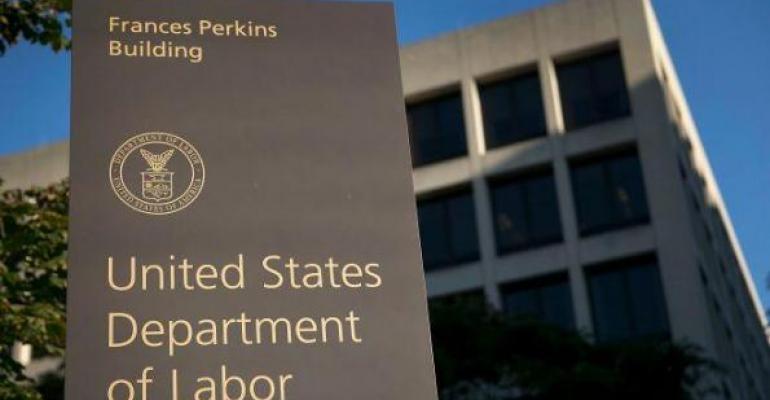A Texas judge denied a motion on Monday seeking an emergency stay on the April 10 applicability date of the Department of Labor’s fiduciary rule. The nine plaintiffs that appealed a U.S. federal court decision to uphold the DOL rule late last month, including the Securities Industry and Financial Markets Association (SIFMA), Financial Services Institute, Financial Services Roundtable and Insured Retirement Institute, filed the injunction March 10.
The motion argued that temporary relief was needed to allow the department to complete its review of the rule, ordered by President Trump, and give the court time to consider their appeal.
In her decision, Chief Judge Barbara M.G. Lynn said the plaintiffs’ motion did not pass the court’s smell test. To obtain an injunction pending appeal, plaintiffs must satisfy four requirements: have a high likelihood that they’ll ultimately prevail on the merits of the appeal; show that they’ll suffer irreparable harm by denial; demonstrate that the opposing parties won’t be harmed by an injunction; and show that an injunction won’t hurt the public interest.
“This Court has already found plaintiffs’ position on the merits unpersuasive, two other district courts have reached the same conclusion in similar cases, and neither court has enjoined enforcement of the rules,” Lynn said. “Plaintiffs have not presented any arguments that would cause the Court to question its decision or persuade it that the Fifth Circuit is likely to reach a contrary conclusion.”
And while the plaintiffs argued that they would suffer irreparable harm due to compliance costs and operational disruptions, Lynn argued that many of those costs have already been incurred and does not constitute irreparable harm “because the standard is inherently prospective.”
In addition, the best interest contract exemption does not go into effect until Jan. 1, 2018, for firms that want to go that route, and five of the seven main arguments that plaintiffs presented in their lawsuit against the DOL were related to the BICE, Lynn said.
She also referenced the DOL’s temporary enforcement policy, which says the department would not enforce the rule if the applicability date arrives before a delay.
Also, because an injunction would interfere with the DOL’s statutory authority—which Congress has already granted—it would cause harm to the agency, failing the third test.
As for the public interest, Lynn said she would defer to the DOL’s judgment, and in its reasoning behind the fiduciary rule, it said it was meant to protect consumers from conflicted advice.
“In the Court’s view, Plaintiffs have not provided significant evidence in contravention of the DOL’s reasonable conclusions.”

